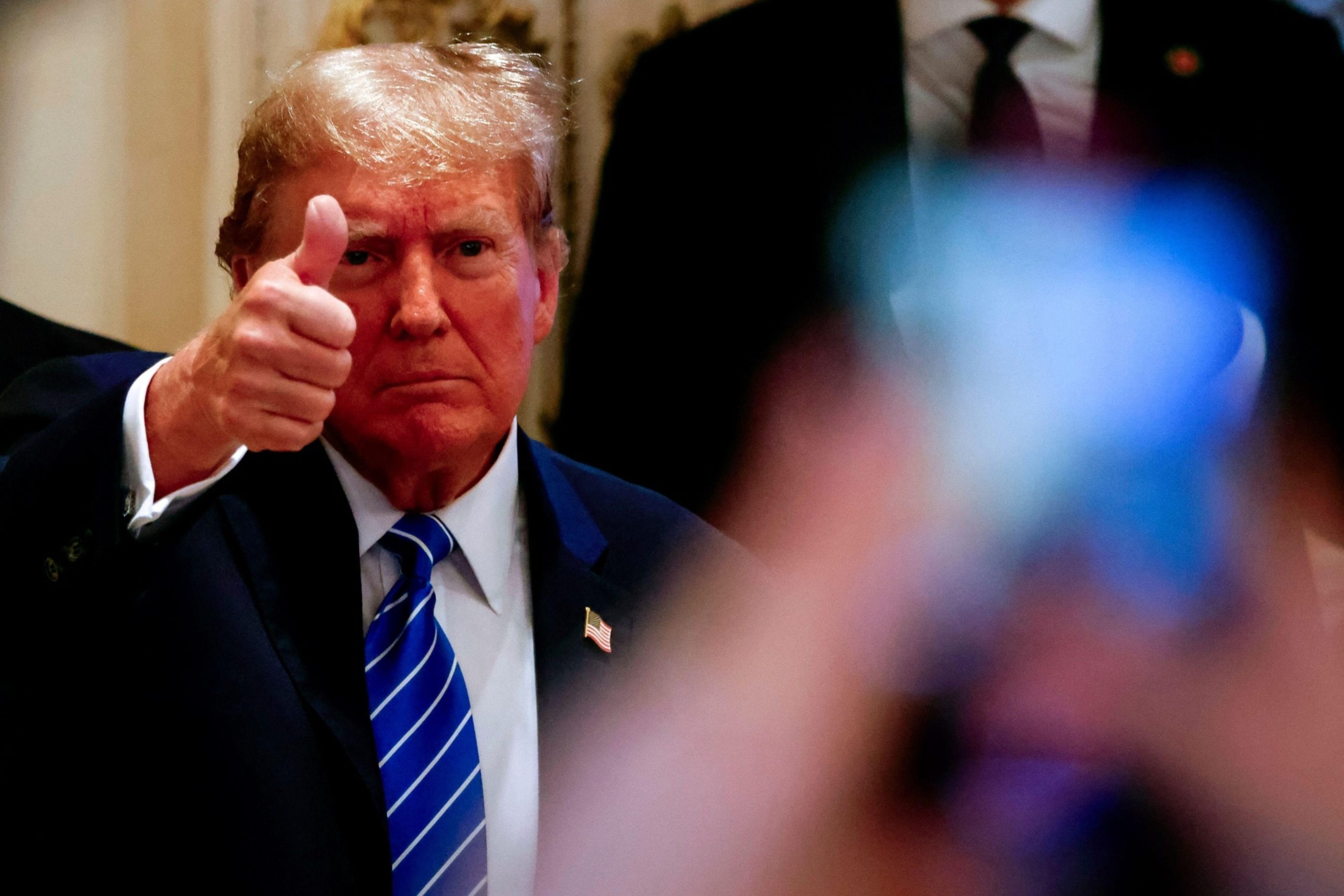Former President Donald Trump‘s attempt to boost U.S. employment through tariffs on Chinese imports fell short despite its political gains. The move aimed to address issues like the trade deficit with China, intellectual property theft, and job losses in manufacturing.
However, it led to retaliatory tariffs from China, particularly affecting U.S. farmers and causing substantial revenue losses. A study published by the National Bureau of Economic Research highlighted the failure of these tariffs to generate great job growth. Gordon Hanson, an economist at Harvard Kennedy School, explained that several factors contributed to this outcome.

Trump (Credits: ABC News)
First, tariffs don’t always reduce imports; they can raise prices. Second, consumers can switch to buying from other countries, like Vietnam, to avoid tariffs. Lastly, the types of jobs lost to Chinese imports were different from those that would be created, given advancements in technology and automation.
The impact of China’s tariffs on U.S. goods also resulted in declining farm exports and job losses in agriculture-related regions. Despite these consequences, the Biden administration has kept the tariffs due to their political popularity. They symbolize a pushback against globalization, resonating with specific segments of the public.

Donald Trump (Credits: Sky News)
While the trade war garnered political support, it didn’t translate into substantial job gains. This contrasts with previous targeted trade barriers that were aimed at specific industries. The research suggests that tariffs are not practical tools for addressing job loss and economic challenges faced by workers without college degrees.
Lawmakers, policy advisers, and voters should focus on policies directly addressing job quality and growth in globalization-related sectors. Tariffs, while politically appealing, are limited in their effectiveness in achieving these goals.























